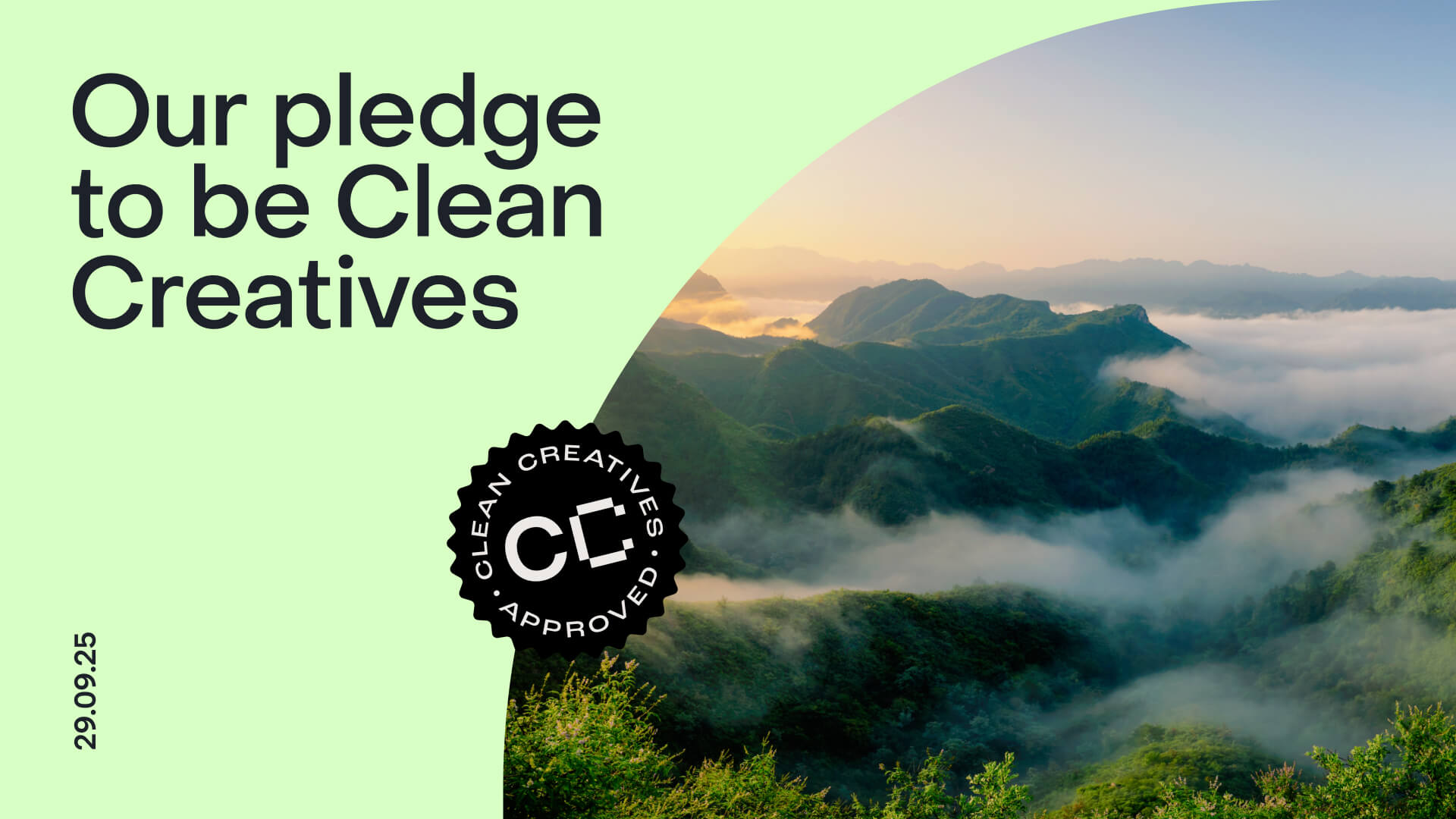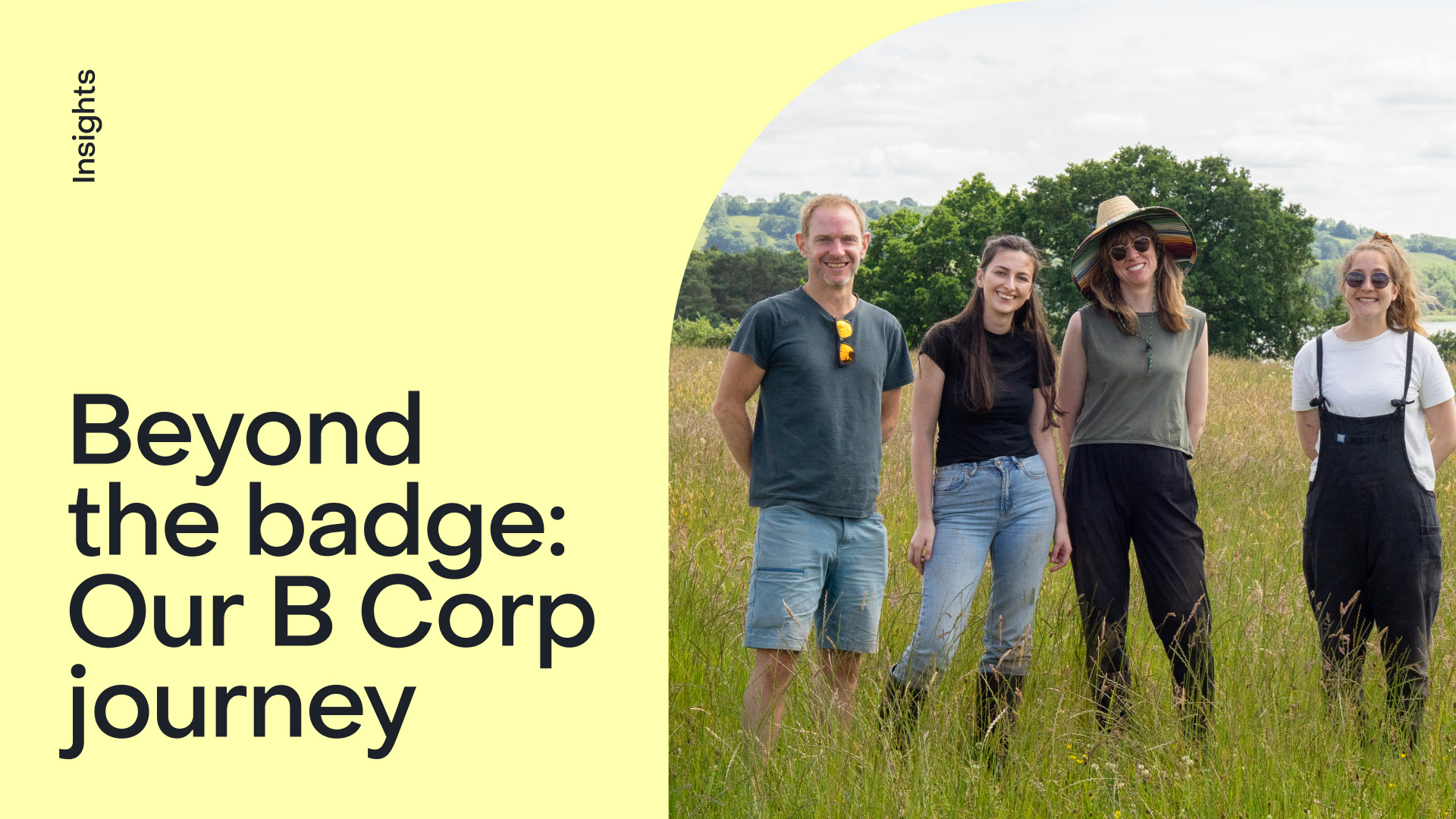Nature-based Solutions: restoring, rebuilding and protecting.
An opportunity to work with nature, and each other, to help heal our most precious resource – earth.

Emma Higgins

It’s a fact – nature contains incredibly complex and diverse ecosystems that simultaneously benefit both biodiversity as well as human wellbeing.
But it’s becoming undeniably clear that the destruction, pollution, and over-consumption of nature results in dire consequences.
Whether it be the clean water we drink; nourishing food that we eat ort he air that we breathe – it has never been so important to work with nature,to stop important ecosystems from collapsing at alarming rates.
This is why so many of us are beginning to ‘ring the bell’ and call for positive action, in face of such a negative impact on our world.
Hope is on the horizon, in the form of Nature-based Solutions.
In this article we provide an overview of what Nature-based Solutions are, how they work and ultimately how important they have become – maintaining a balance that is essential when combating the immediate and future consequences of climate change.

What are Nature-based Solutions?
Nature-based Solutions (NbS) are officially defined as actions taken ‘to protect, sustainably manage, and restore natural or modified ecosystems.
Systems that address societal challenges effectively and adaptively, simultaneously providing human well-being and biodiversity benefits’ (IUCN 2016).
There are many nuanced ways in which people are putting NbS into action every day, too many for us to capture here.
This practice is evolving and expanding all the time. However the UN Environment Programme (UNEP) has helpfully identified 5 key ecosystems that can benefit most from NbS:
- Forests - Protecting and replenishing forests and woodlands is perhaps our biggest challenge. They cover more than 30% of the planet’s land and provide billions of people with their livelihoods, food and water. NbS include helping to replant native trees and encourage natural regeneration of depleted forests, as well as encouraging sustainable harvesting.
- Peatlands - Despite covering 3% of the earth, peatlands hold nearly 30% of its soil carbon, as well as providing food, fuel and freshwater. However, droughts, wildfires and intentional drainage (to make way for farming, development or mining) are threatening our peatlands. NbS incorporates means to keep peatlands wet and intact.
- Oceans and coasts - From coral reefs and seagrass beds to marshes and mangroves, these are not only habitats for abundant sea life - they also protect communities against storms and rising sea levels. NbS helps to preserve and replant mangroves and marine habitats, to support wildlife and protect against flooding.
- Farmland - Croplands are where we derive most of our food. But poor soil quality and unsustainable farming practices have left many croplands, and the nature surrounding them, in bad shape. NbS enables the restoration of carbon to soil, and promotes less intensive livestock rearing.
- Cities - More than half of us live in cities. All urban landscapes could benefit from incorporating as much indigenous nature as possible. NbS includes planting trees to provide shade and sequester carbon - planting green roofs to create a haven for insects, or constructing wetlands to help absorb rainwater and reduce flood risks.
Why are they so important?
Nature-based Solutions are a win-win for nature and humanity. They protect what we’ve got left, rebuild what has been damaged or depleted, and consider how we can incorporate these ecosystems into our urban infrastructure.
From tropical rainforests, to coral reefs, to your local park - every ecosystem makes up a thread in a complex tapestry that facilitates life on earth.
As well as providing us with the building blocks of life, the health and expansion of many of these ecosystems is also vital in our battle against climate change; helping to insulate us against some of the more immediate symptoms, such as flooding or famine.

NbS can help protect future generations by providing 37% of the mitigation needed until 2030 to achieve the targets of the Paris Agreement - that’s around 10-12 gigatons of CO2 per year!
A step in the right direction
In late 2022, World leaders at Cop15.2, the UN’s convention on biodiversity, agreed to a ‘30 by 30’ target force. Meaning that over 190 countries have agreed to work to conserve 30% of the earth for nature by 2030. Essentially making it the largest land and ocean conservation commitment in history.
We now have an action plan with 23 measurable outcomes, including:

Halving global food waste. Reducing too near zero the loss of areas of high biodiversity importance and high ecological integrity.

The restoration of 30 percent of terrestrial and marine ecosystems.
And thousands of organisations across the globe are already doing this important work, from institutions and charities like IUCN, The Nature Conservancy, Global Mangrove Alliance, Wetland International, Re:wild and WWF.
Just as well as indigenous peoples across the world (who only make up 5% of the population), are protecting an astonishing 80% of biodiversity.

Opportunity for growth
We at Yoke are deeply inspired by the incredible work already underway to protect, manage and restore earth’s most diverse ecosystems.
We are excited to partner with more influential organisations moving this vital work forward.
We’re optimistic that together, we can ensure that the promises made at Cop15.2 become a reality to everyone on this planet and the ecosystems we share.
As one of the early pioneers in the 'Branding For Good' sector, we are immensely moved to see our partnerships contributing effectively towards this end goal.


.jpg)